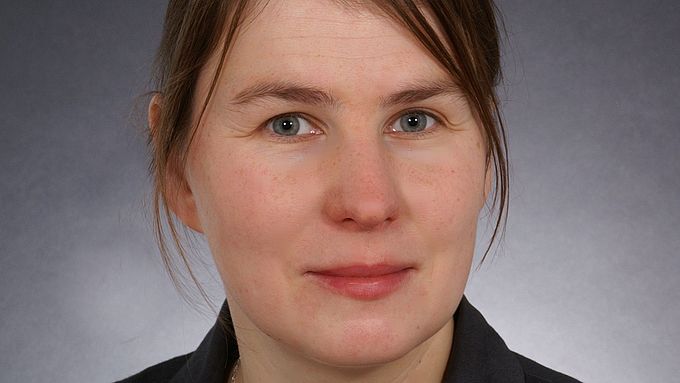
Central Chemistry Laboratory
The Central Chemistry Laboratory offers cross-faculty services in teaching and practical research. It was was founded in the course of structural reforms at the University of Applied Sciences Erfurt when various laboratories from the departments of Civil Engineering, Landscape Architecture, Horticulture, Forestry, Building Services Engineering and Computer Science were merged.
Focus
In teaching and research:
- determination of nutrient contents in soils and cultivation substrates
- determination of the nutrient content in plants and selected quality-determining characteristics
- determination of soil types and selected parameters of soil physics
- determination, analysis and consultation on important inorganic water constituents
Links
Service
We consider ourselves to be a service institution within a modern university, and as such we can also provide a limited number of services to external parties.
For teaching and research activities, we have a modern and wide-ranging spectrum of services in the fields of chemical analysis and soil physics, which are supplemented by numerous special laboratories in the Faculty of Civil Engineering and Conservation / Restoration that are also located on campus. As a matter of principle, we work according to the German Institute for Standardisation (DIN) or comparable regulations.
At present, we mainly work on the the following:
-
investigations into the physical properties of the soil
-
analysis of soil chemistry, incl. substrate analysis
-
plant analysis
-
fertilizer testing
-
water testing
Location
You will find us in building 9 on the main campus at Altonaer Straße 25.
On an area of more than 320 square meters, we now have six modern lab facilities (two practical labs, one AAS lab, one lab for elemental analysis and spectrophotometry, one lab for flow injection analysis and one lab for soil physics) plus the necessary storage rooms. One of our responsibilities is to provide students of Civil Engineering, Forestry, Horticulture, Building Services Engineering and Landscape Architecture with state-of-the-art opportunities during their studies at the University of Applied Sciences Erfurt.
By centralizing the laboratories, we have been able to generate significant synergies that have improved our capabilities. Today, it is easier to get from one place to another, communications have been simplified (not least thanks to close proximity and a modern data network), and the range of equipment now permanently available to all laboratories has been expanded. This creates optimum conditions for cross-disciplinary work, which is typical of modern teaching and research.

